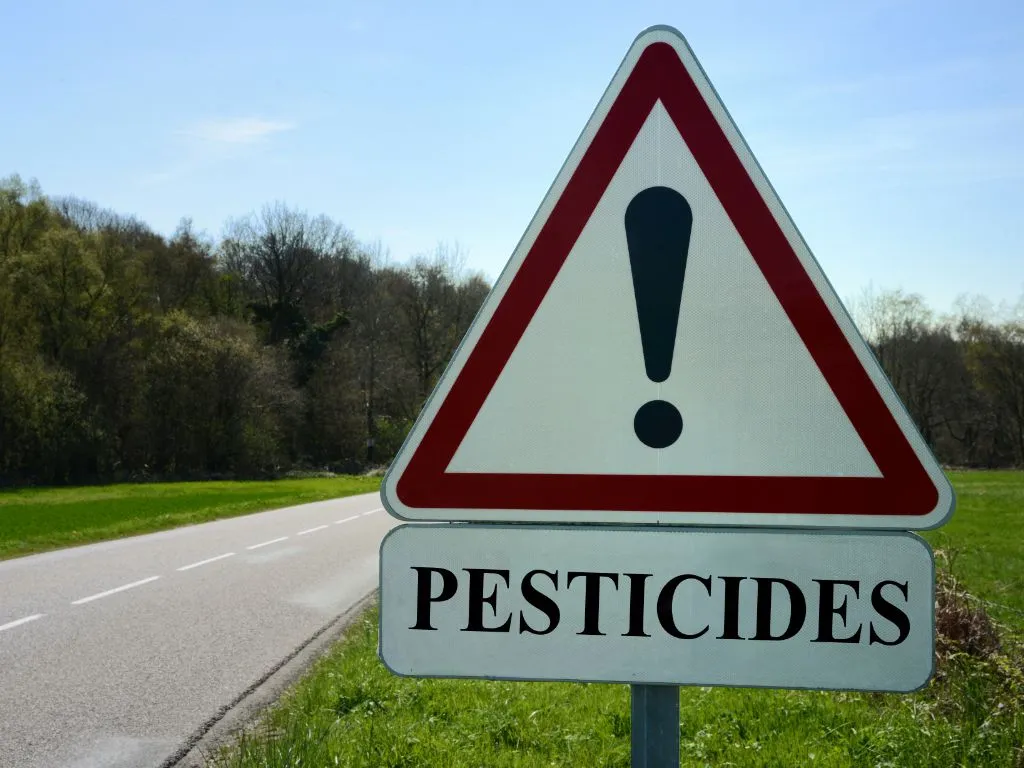- Home
- News Details
News Details

UK Releases 2022 Report on Pesticide Controls: Key Non-Compliance Trends and Residue Issues Identified
2025-05-27 Reference source : HSE
Plant Protection Products (PPP) Maximum Residue Limits MRLs UK Pesticide Report Article 68 PPP Report HSE Pesticide Enforcement Pesticide Residue Monitoring
The UK Health and Safety Executive (HSE) has published its 2022 report on the official monitoring of plant protection products (PPPs), revealing significant compliance issues in the food and agriculture sectors. Issued under Article 68 of the retained EU Regulation 1107/2009, the report provides insights into national control measures for placing PPPs on the market and monitoring their use.
Summary of Official Controls and Enforcement
-
1,631 inspections were carried out by the HSE across Great Britain in 2022, targeting storage sites, online sales, and agricultural use.
-
65 product samples were collected for laboratory testing. Of these, 28 failed to meet legal requirements due to the presence of unauthorised co-formulants, unapproved use conditions, and labelling deficiencies.
-
Follow-up actions included improvement notices, voluntary withdrawals, product recalls. In a few cases, there were enforcement notices and prosecutions.
-
The focus of several campaigns was on high-risk products, such as triazole fungicides and copper compounds, and increased scrutiny of online marketplaces.
Residue Monitoring and Food Chain Risk
In collaboration with the Food Standards Agency (FSA), Food Standards Scotland (FSS), and DAERA in Northern Ireland, the UK’s pesticide residue surveillance programme tested 3,304 food samples across a wide range of commodities. Overall compliance with maximum residue levels (MRLs) was over 98%, but 60 samples exceeded the legal thresholds.
One area of concern was the detection of tri-allate residues in kale and broccoli, likely due to volatilisation and drift after application. Risk management discussions have been initiated with authorisation holders.
Northern Ireland: Online Sales and Compliance
The Department of Agriculture, Environment and Rural Affairs (DAERA) investigated six cases of non-compliance relating to unauthorised online pesticide sales. All cases were voluntarily resolved, underscoring the growing attention that enforcement is paying to digital platforms.
Industry Implications
The 2022 findings underscore the importance of:
-
Maintaining robust supply chain controls to prevent contamination.
-
Verifying authorisations for products marketed online and in stores.
-
Ensuring that correct labelling and formulation details are upheld throughout the manufacturing and distribution process.
Looking Ahead
The HSE has indicated that future monitoring will continue to target high-risk products, unapproved imports, and digital sales channels. Retailers, manufacturers, and users of PPPs are encouraged to carefully review their compliance obligations.
Access the full 2022 report here.
We acknowledge that the above information has been compiled from HSE.
Global Product Compliance (GPC) specializes in Global Regulatory Compliance Solutions across sectors
globally. SSS Europe, a familiar name in chemical regulatory and compliance services now formally belongs
under the umbrella of GPC Holding Sweden.
Since 2008, we have emerged as one of the leading names among Global Regulatory Compliance Service
Providers with Representation services in Europe, Asia and Middle East for respective chemical
regulations.

 Twitter
Twitter
